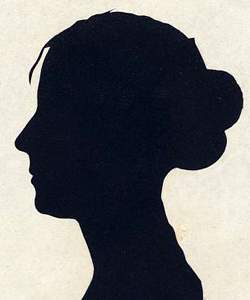Margaret Fuller (American National Biography)
Scholarship
Fuller's writings never achieved the landmark status of Mary Wollstonecraft's A Vindication of the Rights of Woman (1792), for they were pontifical and mystical as well as imaginative. Hence her life was more influential than her works. [Ralph Waldo] Emerson's letters reveal his great indebtedness to Fuller, which ironically is often neglected as feminists strive to show Fuller's independence. Critics speculate that [Nathaniel] Hawthorne, in spite of his hostility, refigured her as characters in all his major novels. Certainly Fuller inspired women writers, including Emily Dickinson, Louisa May Alcott, and Edith Wharton. Her influences on Walt Whitman, [Edgar Allan] Poe, [Herman] Melville, and Henry James are documented but have not been fully explored.
Joel Athey, "Fuller, Margaret," American National Biography Online, February 2000, http://www.anb.org/articles/16/16-02339.html.

